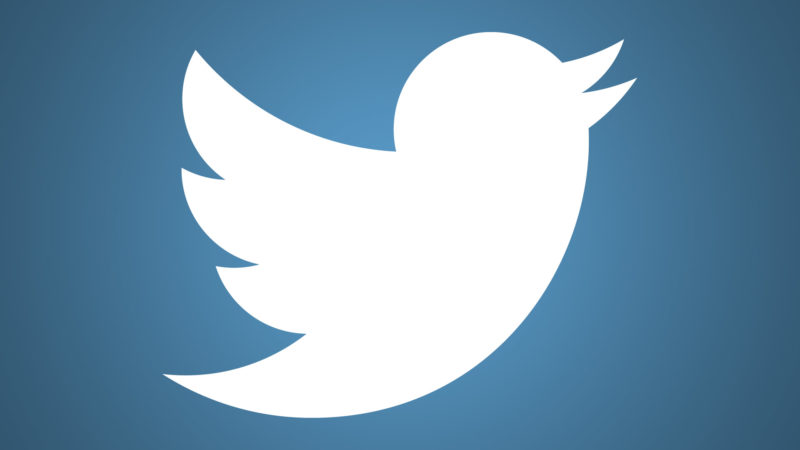Twitter Publishes 122-Page Customer Service Playbook For Brands
Fewer than 30% of questions to brands on Twitter were answered in Q2 of 2015. Twitter's new guide will help businesses do better and cut their customer service costs.
Complaining about poor service on social media might be the new national pastime. But most brands are still doing a poor job of responding to consumer complaints, especially on Twitter, where most of the action is taking place.
According to Social Bakers, brands answered fewer than 30 percent of the seven million questions asked of them on Twitter in the second quarter of 2015. Brands are doing much better on Facebook, answering 76 percent of the 1.5 million questions posted on their Facebook Pages in Q2.
Facebook is pushing its advantage with new tools for Pages, announcing this week that admins will be able to respond to comments privately.
Now Twitter is making a move of its own. Today, the company released a 122-page “customer service playbook.” The guide, Twitter said, will help businesses improve their customer service efficiency by taking advantage of the quick and personal nature of the medium.
In a blog post announcing the release, Twitter said there has been a 250 percent surge in tweets to B2C brands and their customer service usernames in the last two years. The company said customer service through Twitter costs companies a fraction of what it costs to run call centers. Companies, Twitter said, are seeing a cost per resolution on Twitter that’s one-sixth of what they’re seeing from phone calls.
“And companies that developed social care capabilities improved year-over-year revenue per contact by 18.8% over companies without social customer service, according to a study by the Aberdeen group,” said the post, by Twitter vp of data strategy Chris Moody. Another study Moody cited found that companies “that improve their customer experience from average to ‘wow’ can see a 30–50% improvement in key measures such as likelihood to renew, likelihood to recommend and likelihood to buy another product.”
The playbook, available for download here, includes best practices and “real world examples” from companies such as Hilton (@HiltonSuggests), Best Buy (@BestBuySupport), Comcast (@ComcastCares), Spotify (@SpotifyCares), T-Mobile (@TMobileHelp) and Microsoft (@LumiaHelp).
Twitter also announced that it is partnering with Sprout Social and Oracle to use Twitter data to improve enterprise customer service tools. Some of the benefits Twitter is touting:
- Provide rich context about customers: Customer service agents will be able to provide better service through contextual insights about a customer.
- Create moments of delight: Move beyond resolving customer requests for service to identifying users who are publicly sharing moments and creating a delightful experience for them.
- Understand customer needs: Deepen understanding of customers’ needs by enabling analysis of tweets along with internal company data.
- Measure impact: By seeing metrics for impressions and engagements, brands can measure their audience, get insights from their interactions and prioritize conversations that need attention.
These solutions are piloting a new suite of data products and functionality. This includes programmatic access to impression and engagement metrics to enable them to build new measurement solutions. It also includes improved access to the full archive of public tweets back to 2006 to help them build solutions that can instantly provide rich context about customers.
Contributing authors are invited to create content for MarTech and are chosen for their expertise and contribution to the martech community. Our contributors work under the oversight of the editorial staff and contributions are checked for quality and relevance to our readers. The opinions they express are their own.
Related stories
New on MarTech
